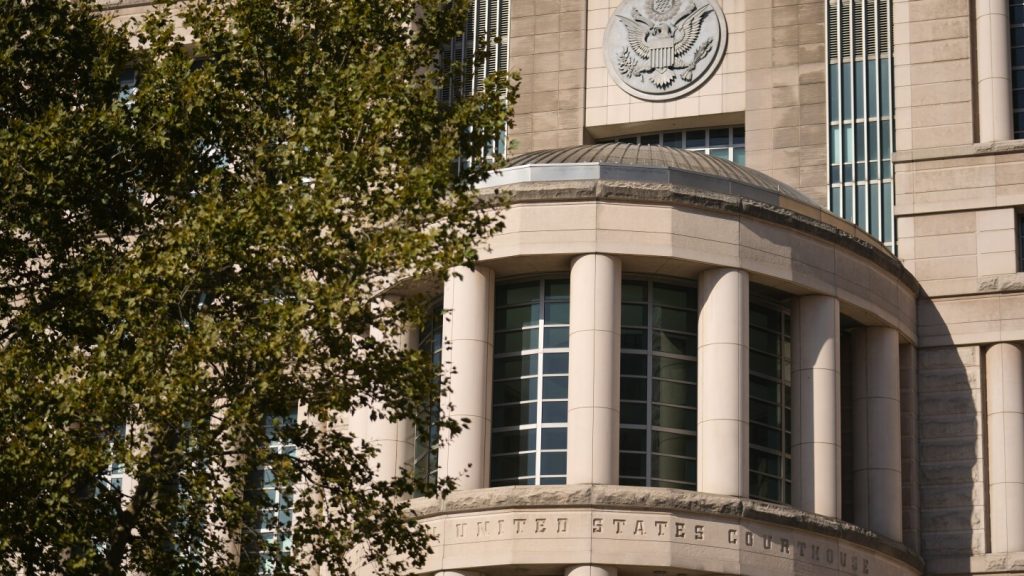A recent ruling by U.S. District Judge John Ross in Missouri has struck down a 2008 law that required registered sexual offenders to post signs on Halloween indicating that no candy would be given out at their residence. The judge deemed this provision unconstitutional, as it violated the First Amendment right to free speech. However, other provisions of the law, such as requiring offenders to stay inside their homes from 5 p.m. to 10:30 p.m. and keep their outdoor lights off, remain intact.
While the Missouri sign law is unique among states, other cities and counties have attempted similar laws with mixed results, with some being struck down in court or withdrawn as part of lawsuit settlements. The ruling on the Missouri law has sparked a debate among the public, with some arguing that such measures are necessary to protect children on Halloween, while others believe the law is unnecessarily cruel and counterproductive. One mother from Missouri expressed disappointment, stating that it feels like the rights of predators are trumping those of victims.
Despite concerns about child safety on Halloween, experts point out that the risk of sexual abuse on this holiday is not significantly higher than on any other day. The vast majority of child sexual abuse cases involve individuals known to the victim or their family, rather than strangers. The lawyer representing the Missouri man who challenged the law emphasized the long-lasting damage such measures can have on individuals forced to comply, stating that it stigmatizes them for life.
The lawsuit challenging the Missouri law was filed on behalf of Thomas L. Sanderson, a man convicted of second-degree sodomy in 2006. Sanderson, who has maintained his innocence, was required to register as a sexual offender for 25 years. Following the incident on Halloween night in 2022 when police arrived at his home and arrested him for not displaying the required sign, Sanderson filed the lawsuit. The state Attorney General’s office has expressed plans to appeal the ruling, citing the duty to protect children.
Several other states and municipalities have also faced legal challenges regarding Halloween sign laws targeting sexual offenders. Cases in Georgia and California have led to court rulings deeming such signage unconstitutional. In some instances, like in Simi Valley, California, and Marion County, Arkansas, signs requiring offenders to indicate they are not participating in trick-or-treating activities have been removed following lawsuits. Experts caution that these public signs may create a false sense of security for families and are not effective in preventing child abuse.
Overall, the debate surrounding Halloween laws targeting sexual offenders continues to raise questions about the balance between protecting children and upholding individual rights. While the ruling in Missouri has addressed concerns about compelled speech and freedom of expression, the broader issue of ensuring child safety remains a priority. As discussions continue, it is essential to consider evidence-based strategies and approaches that address the complexities of preventing child sexual abuse.


